Sustainable Safari
Support local communities, protect the natural environment, and conserve wildlife… all whilst leaving behind a minimal footprint.
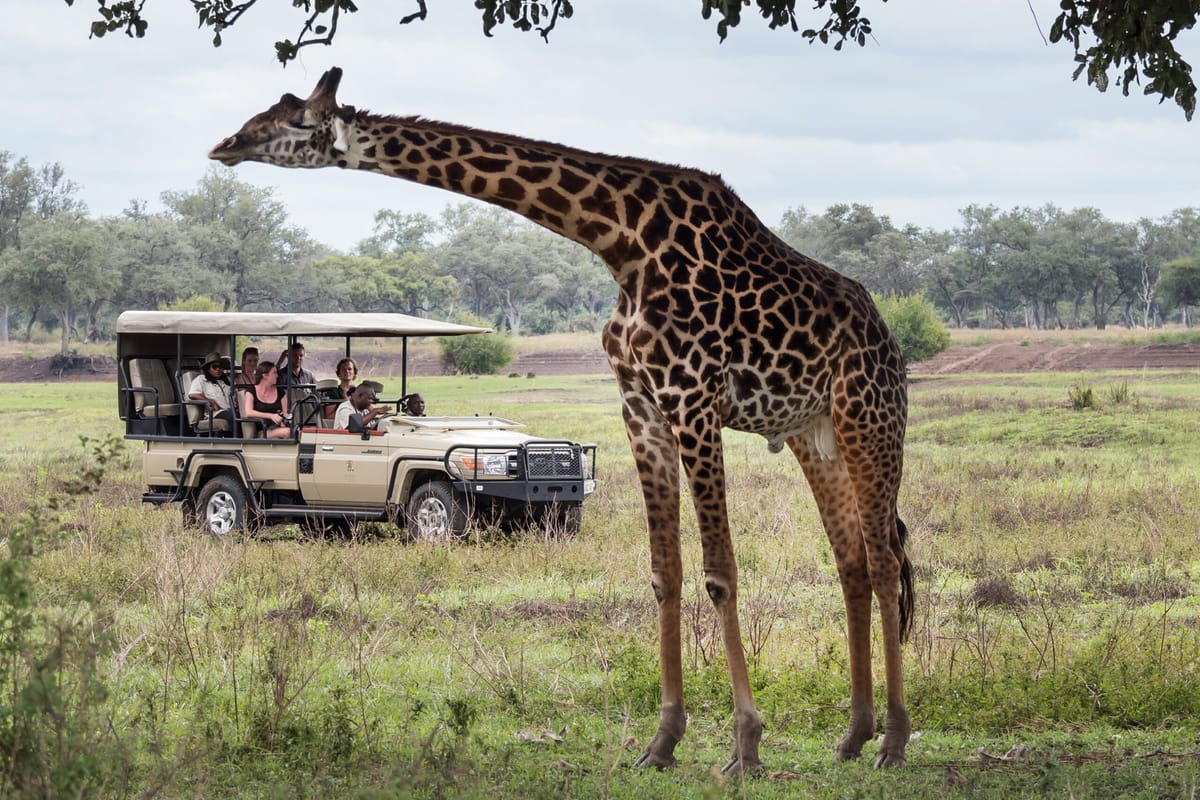
In these days of consumerism, depletion of natural resources, pollution, global warming and more, travellers have started taking stock of the environmental impact of their holidays. They’ve started becoming more conscious, and conscientious, in their choices; looking to travel in a way that strikes a balance between seeing the world and doing so in a way that won’t damage the planet. Choosing a sustainable safari is a good way to start.
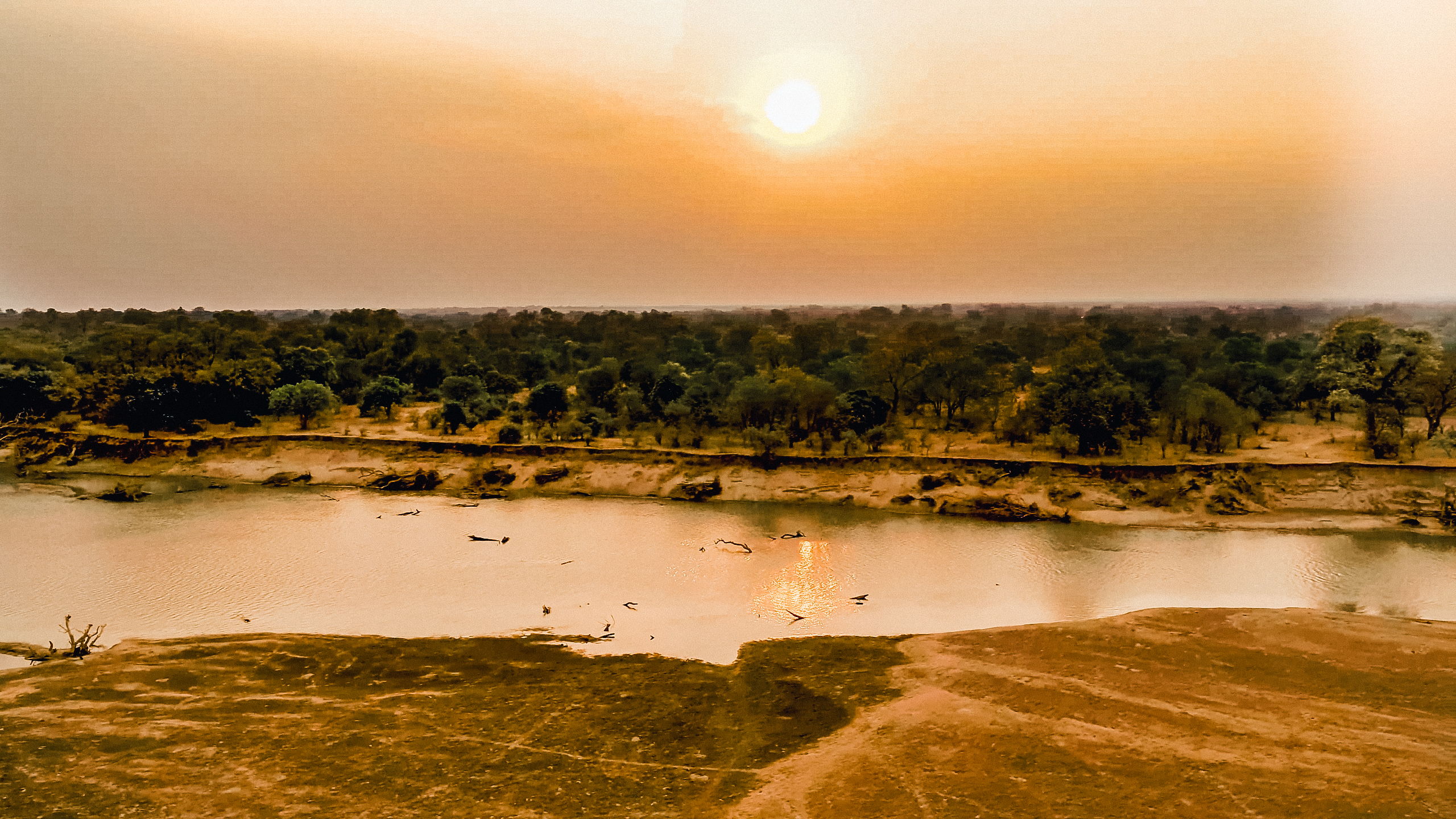
A luxury and amazing safari doesn’t have to come at the cost of sustainability and we had come to Zambia’s stunning South Luangwa National Park to see this for ourselves. We had been coming to the South Luangwa for years and given all of the hype, we wanted to experience this environmental approach to safaris ourselves.
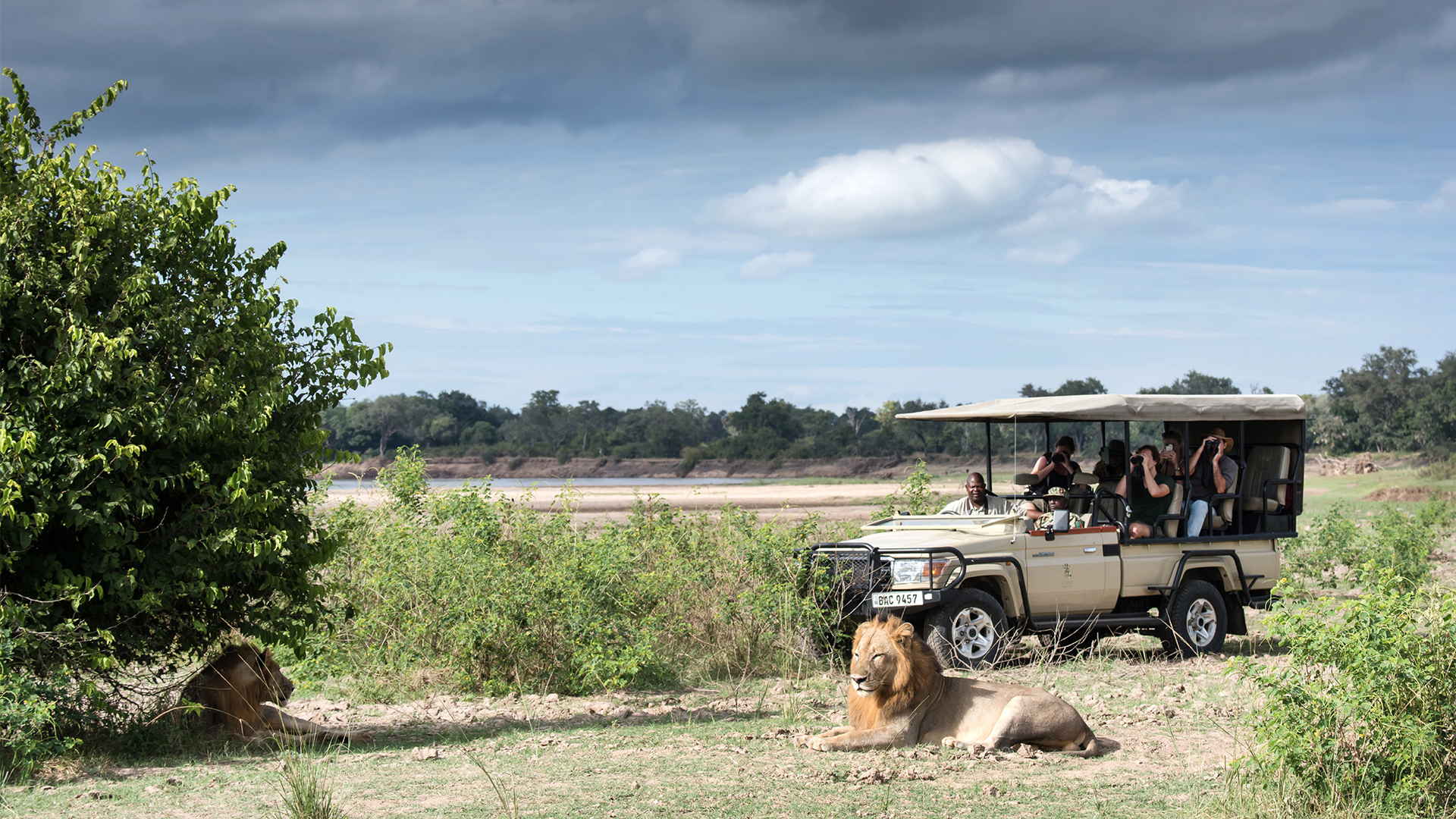
Experience your safari in an entirely new way… silently.
We had come to visit the beautiful Shawa Luangwa Lodge. Green Safaris, who own Shawa Luangwa, prioritise eco-friendly practices. Green Safaris, have seven lodges in Zambia and Malawi, all designed and built in the most sustainable way possible, and all operating on, as the name says, ‘green’ principles. The cornerstone of the company’s philosophy is to develop lodges in areas where eco-tourism is most needed. Green Safari are pioneering, passionately eco-friendly safari operators, with a strong commitment to reducing their footprint on the environment, and focusing on sustainable initiatives. The company goal is to leave the areas they operate in as untouched as possible.

Most of the Green Safaris properties are run by solar farms, utilise water reticulation and biogas systems, and all have banned single-use plastics, amongst a slew of other eco measures. When building Shawa Luangwa the design took into consideration sunlight and shade, as well as maximising natural airflow, so alleviating the need for air-conditioning, in what can be a very hot part of the world. The lodge’s tents are all mounted on wooden decks, built from locally sourced timber and fitted around existing trees in order to minimise environmental impact. Shawa Luangwa is 100% sustainable, running completely off the grid, with a large solar farm powering the entire lodge and also recharging their other innovation, electric Land Cruisers. The lodge operates the only ‘eCruisers’, electric game drive vehicles, in South Luangwa. These are not only more environmentally friendly but also mean you experience your safari in an entirely new way… silently.
Our first day at Shawa Luangwa started with drinking coffee as we watched two lions lying on the opposite river bank. It was a great start to the day! From there we crossed the river and headed into the park to see what we could see… and there was plenty! Thornicroft’s Giraffe, Crawshay's Zebra, impala, waterbuck and a lone Cookson’s Wildebeest dotted the landscape. A huge herd of buffalo, hundreds, possibly thousands strong, surrounded us as they crossed the road. A spotted hyena lay sleeping in the sand. Helmeted guinea fowls trooped across the grassland, weaver birds’ nests hung like Christmas decorations in the acacia trees, a long-tailed paradise whydah flew alongside the vehicle. To top it all off, just as we were returning to camp, a young female leopard appeared alongside us, pausing to look at us for a while, before vanishing into the undergrowth.
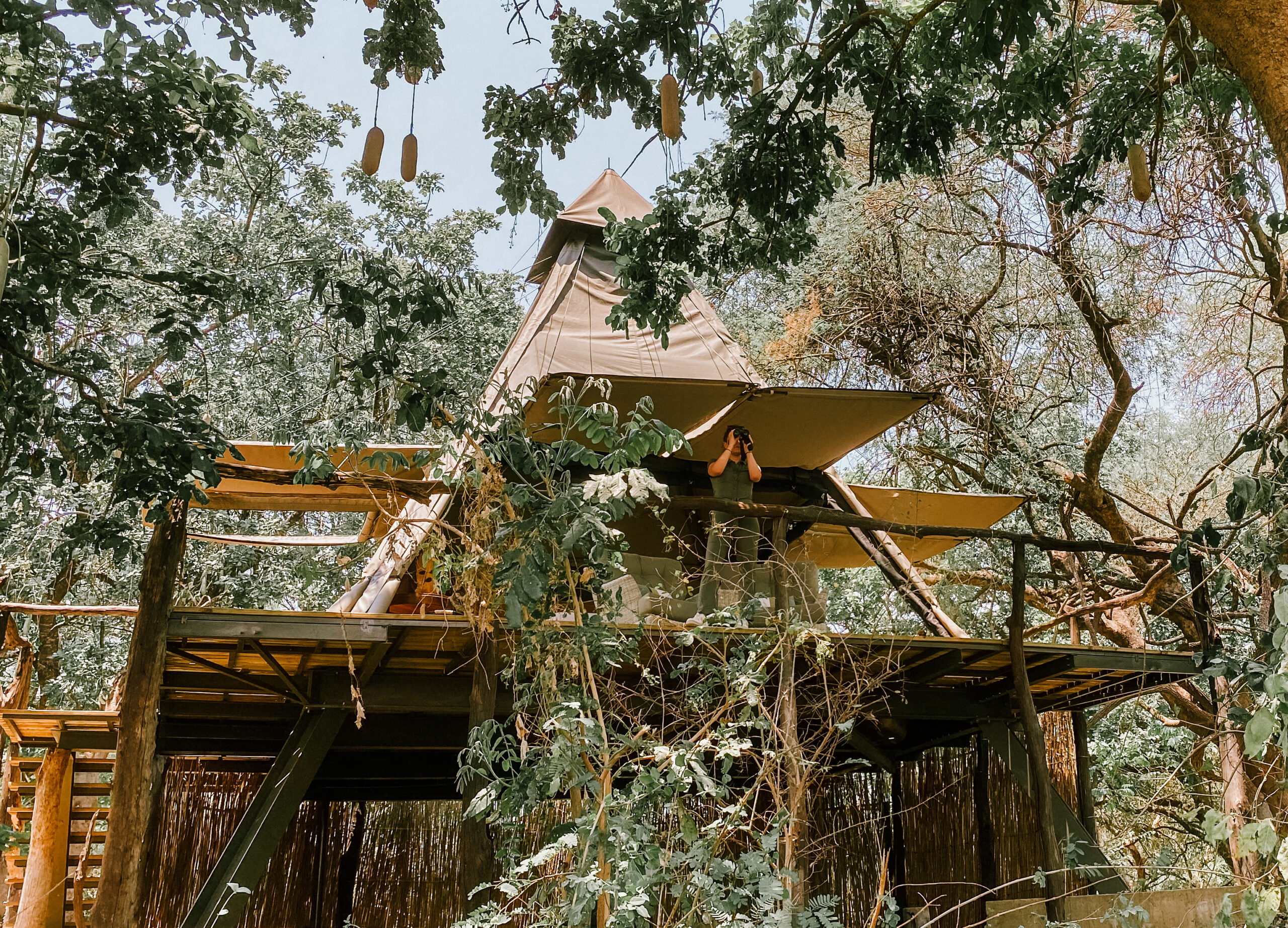
After brunch back in camp, we headed off for our ‘post-brunch siesta’. We’d left the sides of our tent open so we could enjoy the view and we were rewarded by a visit from a huge troop of baboons. The trees above us were full of baboons, eating, jumping, and chatting. On the ground below sat more baboons snacking. Fallen sausage tree fruits, grasses, blossoms, seed pods, the occasional insect, all found their way into the baboons’ mouths and I was amazed at the variety and quantity they consumed. Beyond the baboons, we could see the river. Hippos wallowed and pied kingfishers dived repeatedly for fish in the shallow water. A pair of young male kudus stood amongst the trees on the opposite bank. It was impossible to sleep with so much to look at!
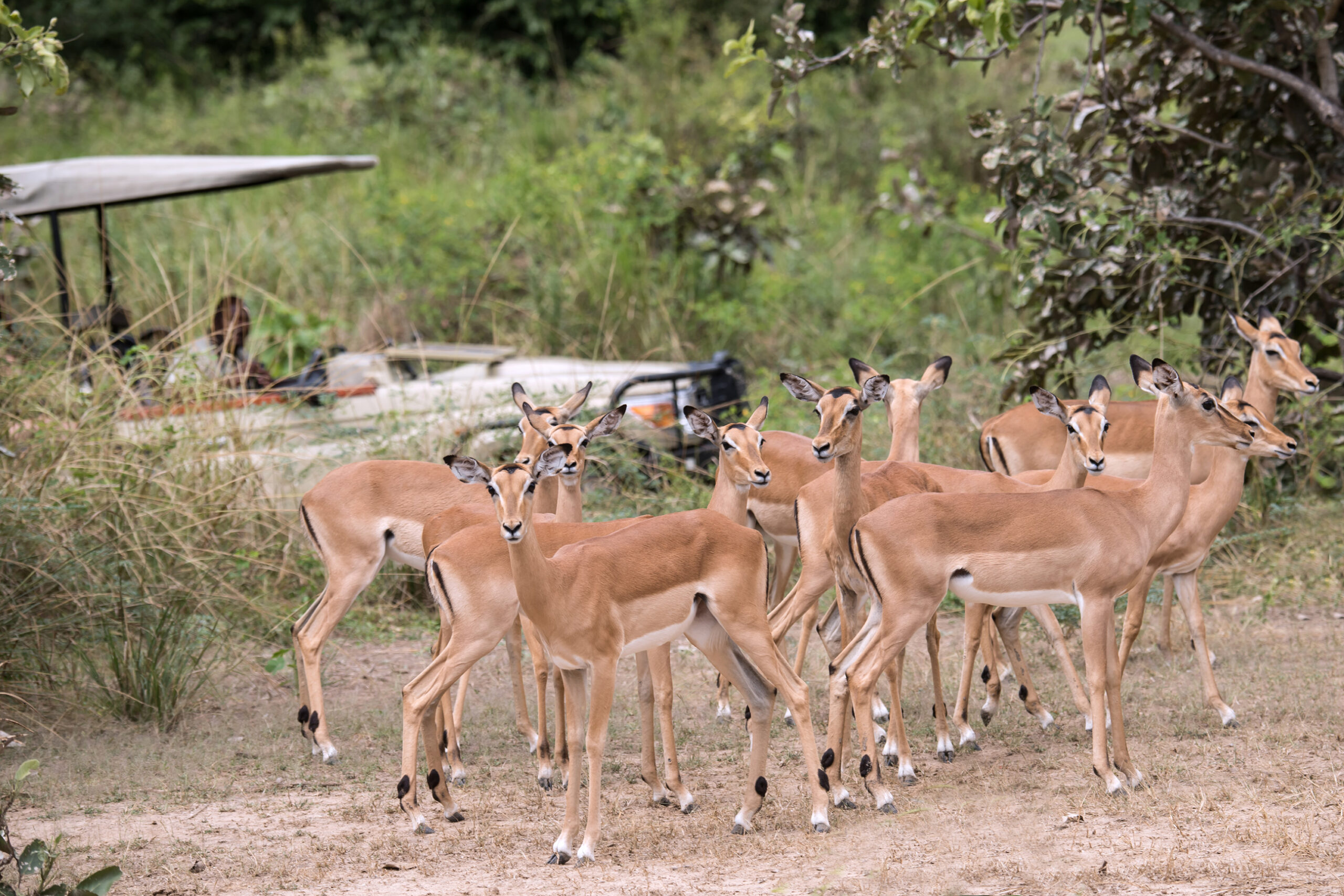
We spent the afternoon, out in the park, with more buffalo, impala, giraffe, zebra, wildebeest and a herd of elephants who ranged in size from the huge matriarch, right down to the smallest of babies. Later in the day, we would see more than our fair share of leopards. A young female using a gully to (unsuccessfully) stalk a puku, a young male lying in the shade by the side of the road, and finally a large male, who under cover of darkness sauntered down the road, copiously marking his territory as he went, keeping just ahead of us as we made our way back to camp at the close of day.
a magical way to be reminded of just how small and insignificant we were.
We left Shawa Luangwa in the early morning, crossing the pontoon at sunrise. The morning air was chilly and still, the river flowed like silk and a brilliant sunrise lit the sky with streaks of red, pink, purple and orange. It was so beautiful you wanted to hold your breath in amazement, and hope the moment would last forever. We stood, watching and listening as the sky grew lighter, and the birds and other creatures woke up around us. It was a magical way to be reminded of just how small and insignificant we were.
Moving to Time & Tide’s Chinzombo Camp for our final night in South Luangwa we spent the day in a totally different part of the park. Opposite our room, the river bank always had something to look at. In the cold morning pods of chubby, round hippos lay huddled together, defrosting, like bunches of plump grapes. Warthogs and antelopes of all shapes and sizes took turns coming to the water to drink. Baboon troops squabbled, shrieked and leapfrogged over another in the sand.
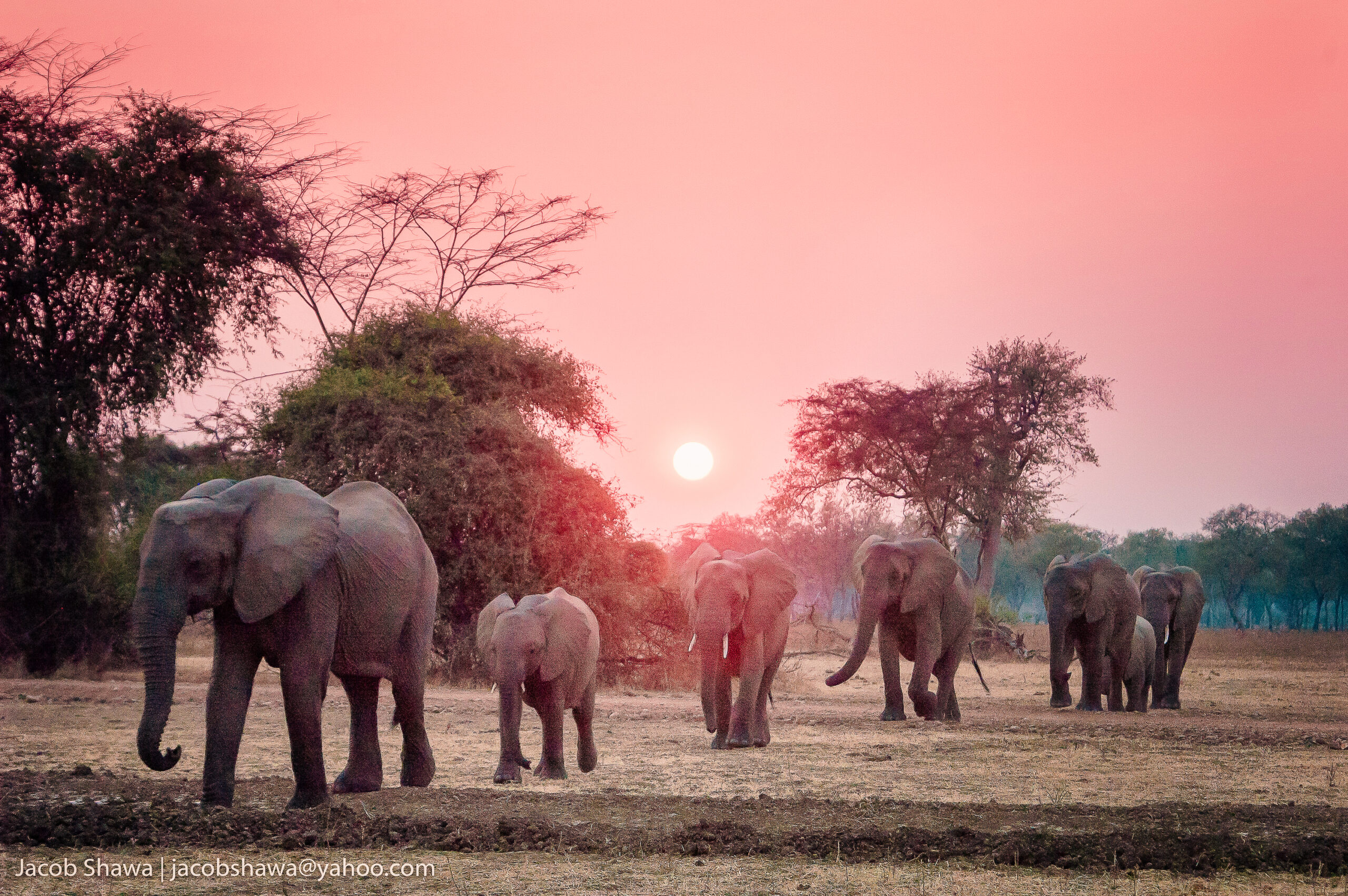
Heading out on a game drive, just as we turned a bend in the road, an overwhelmingly pungent smell alerted us to the presence of a huge bull elephant in musth. Musth is a rise in the reproductive hormones of an elephant when a bull elephant’s testosterone levels can be as much as 60 times that of a non-musth male. He was just as surprised to see us. Sickly sweet, hormone rich temporin, oozed from the temporal glands on either side of his head, and a steady trickle of testosterone enriched urine run down his back legs. Scraping his feet across the ground and waving his ears irritably, he let out a trumpet. After sniffing the air for a while with his trunk, he decided we were not what he was looking for, so turning and giving us a final trumpet, he headed off to look for something more interesting.
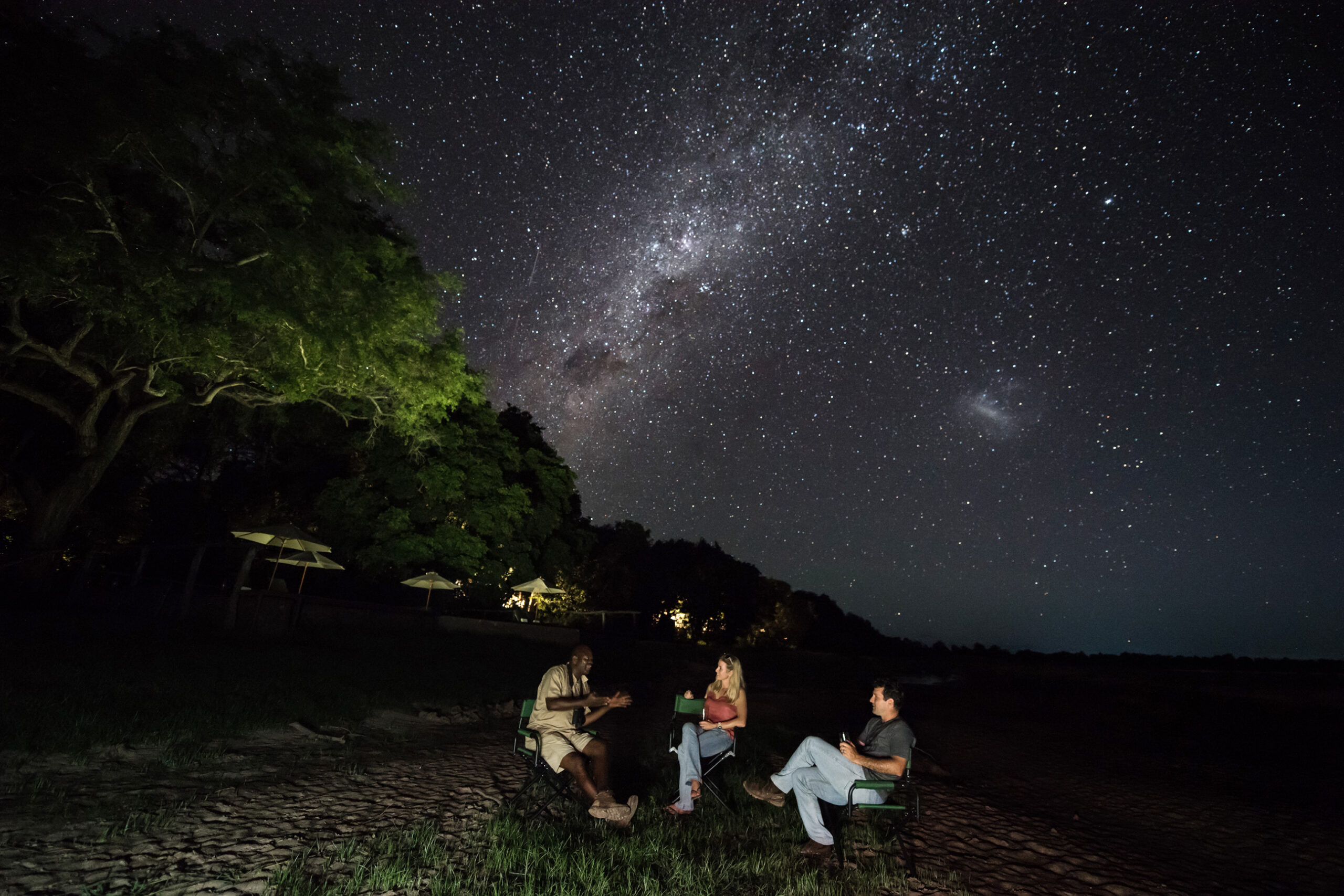
Darkness fell and switching off the vehicle and the lights, we sat with a blanket of stars overhead, wrapped in a cocoon of silence. It was a magical way to be reminded of how small we were, in such vast open spaces and a perfect way to say goodbye to the park.
When you love the beauty of the bush, and its many opportunities for wonderful encounters and experiences, you want to protect these magical places. Fortunately, there are people and places like Green Safaris and Time & Tide each working in their own way, to create a sustainable future for tourism in South Luangwa.
SHAWA LUANGWA https://greensafaris.com/shawa-luangwa/
TIME & TIDE CHINZOMBO https://timeandtideafrica.com/time-tide-chinzombo/
Cover photo: Solar-powered electric game drive vehicles, are not only more environmentally friendly, they are also almost silent, allowing you to get right up close to the wildlife


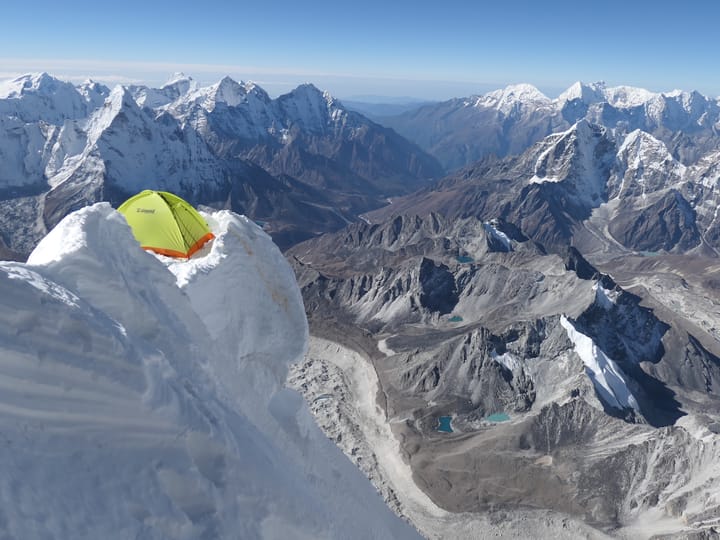
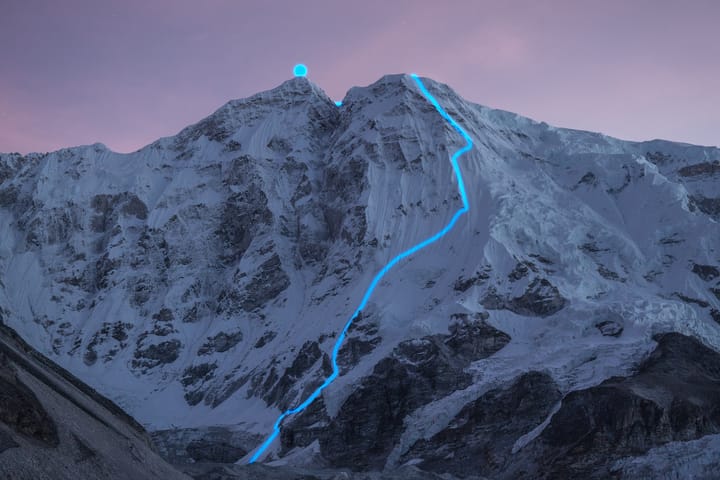
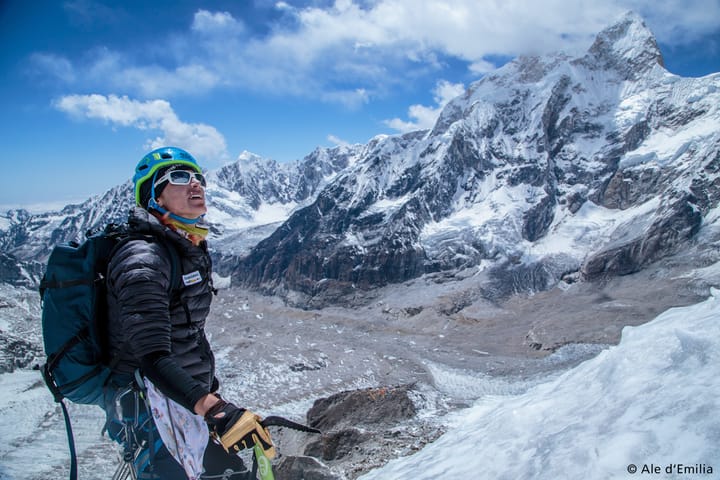
Comments ()